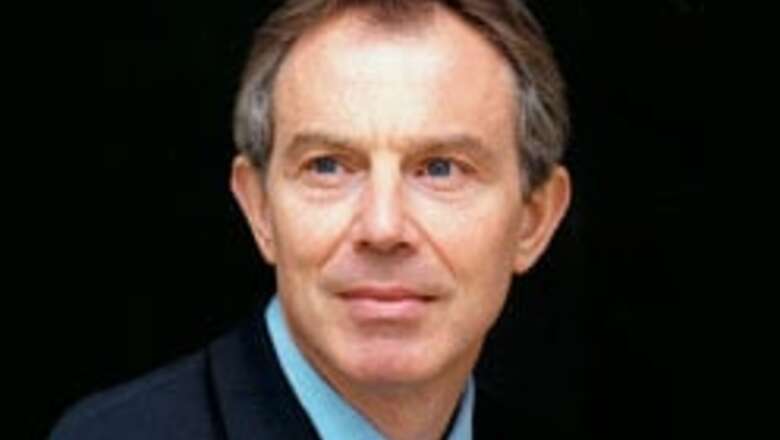
views
London: Just a year after securing an historic third term, British Prime Minister Tony Blair faces an electoral test on Thursday that could increase pressure on him to announce a timetable for leaving the political stage.
Blair's embattled Labor Party, dogged by a recent string of controversies, could suffer heavy losses in Thursday's balloting for seats on 176 local government councils across England.
While that won't directly affect the prime minister's parliamentary majority, a particularly poor showing could fuel calls for him to say when he will step aside.
During his campaign for a third term last year, Blair pledged not to stand again as Labor leader in the next general election. But that election isn't expected until 2009 or 2010, and he has so far refused to be pinned down on a date certain to step aside.
Thursday's vote will also mark the first test for the Conservative Party's new leader, David Cameron, a telegenic 39-year-old who was picked in December to try to lead his once-dominant party out of nearly a decade in the political wilderness.
The local election comes amid a nasty row over revelations that 1,000 criminals from foreign countries were released from British prisons without being considered for deportation. Blair has resisted demands from opposition parties that he sack Home Secretary Charles Clarke, whose department was responsible for the releases.
As that controversy was brewing, Deputy Prime Minister John Prescott was forced to acknowledge that he had an extramarital affair with a woman in his department after photographs of the pair were splashed across tabloid newspapers.
Police are also investigating whether seats in the House of Lords, the unelected upper chamber of Parliament, were doled out to financial backers in return for loans to the Labor Party. And Blair and his ministers have also had to deal with fallout from controversial health service reforms that recently prompted nurses to publicly boo and heckle Health Secretary Patricia Hewitt.
Blair, 52, became prime minister in 1997, after leading his party to a landslide victory that ended 18 years of Conservative rule. He was re-elected in 2001 and then again last May, becoming the first Labor leader to secure three terms in office.
However, with his popularity sapped by his support for the invasion of Iraq and close alliance with President Bush, Blair's 2005 victory was somewhat anemic. Labor captured just 35 percent of the vote and lost 47 seats, although it still maintained a parliamentary majority.
Blair's replacement as Labor leader is widely expected to be Gordon Brown, 55, who oversees fiscal and budget policy as chancellor of the exchequer.
Up for grabs Thursday are 4,360 seats on 176 local councils across England, including London. There are no elections in Wales, Scotland or Northern Ireland.













Comments
0 comment